Hispanic Heritage Month 2023
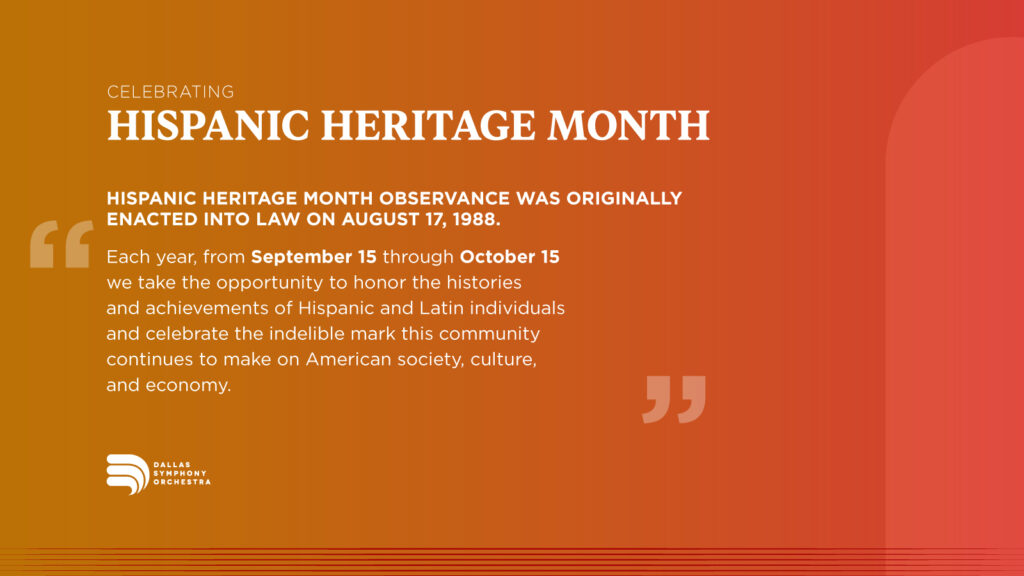
Hispanic Heritage Month observance was originally enacted into law on August 17, 1988. Each year, from September 15 through October 15, we take the opportunity to honor the histories and achievements of Latin and Hispanic individuals and celebrate the indelible mark this community continues to make on American society, culture, and economy.
Increase your cultural awareness by learning more about Hispanic/Latin heritage, history and culture:
- Learn more about Hispanic Heritage Month here.
- Explore exhibits highlighting Latinx & Hispanic life, history, and culture here.
- Review Classical-Music.com’s list of the best Latin American composers of all time here.
Check out these suggestions for ways you can celebrate Hispanic Heritage Month here
- Join the Dallas Symphony Mosaic Community for a tour of the Latino Cultural Center on Saturday, September 30, 1-2:30 pm. Contact Carl Baines and Vannesa Nates for details.
- Support local panaderías (Mexican bakeries) or Latin restaurants. Supporting your Latin bakeries or restaurants is a crucial way to show your appreciation and support for their labor of love. Want to ake it a step further? Ask them if they offer gift cards so you can gift your family or friends a delicious experience too!
- Read inspiring Hispanic Heritage Month quotes. There’s no shortage of beautiful words from Hispanic/Latin leaders about what it means to carry these identities. Explore these curated quotes about Hispanic Heritage Month (and use them to share on social media).
- Watch a documentary about the Hispanic/Latin experience. While this month is primarily centered around vibrant celebrations, it’s also important to acknowledge the systemic issues that plague this community.
- For a moving love letter to immigrants and their children, Mija: A Disney Original Documentary, directed by Isabel Castro, captures the emotional and complex stories of Doris Mu√Īoz and Jacks Haupt, two daughters of undocumented immigrants from Mexico, navigating their careers in the music industry.
- Los Tigres del Norte at Folsom Prison documentary directed by Tom Donahue, follows a popular norte√Īo band, Los Tigres del Norte, as they decide to perform at Folsom State Prison in California ‚ÄĒ 50 years after Johnny Cash held his historic concert there. Through a series of intimate and emotional interviews, this documentary aims to illustrate the unique experiences of those who are Hispanic/Latin and incarcerated.
View a full list of suggestions for celebrating Hispanic Heritage Month here.
DSO Hispanic Heritage Month Reflections
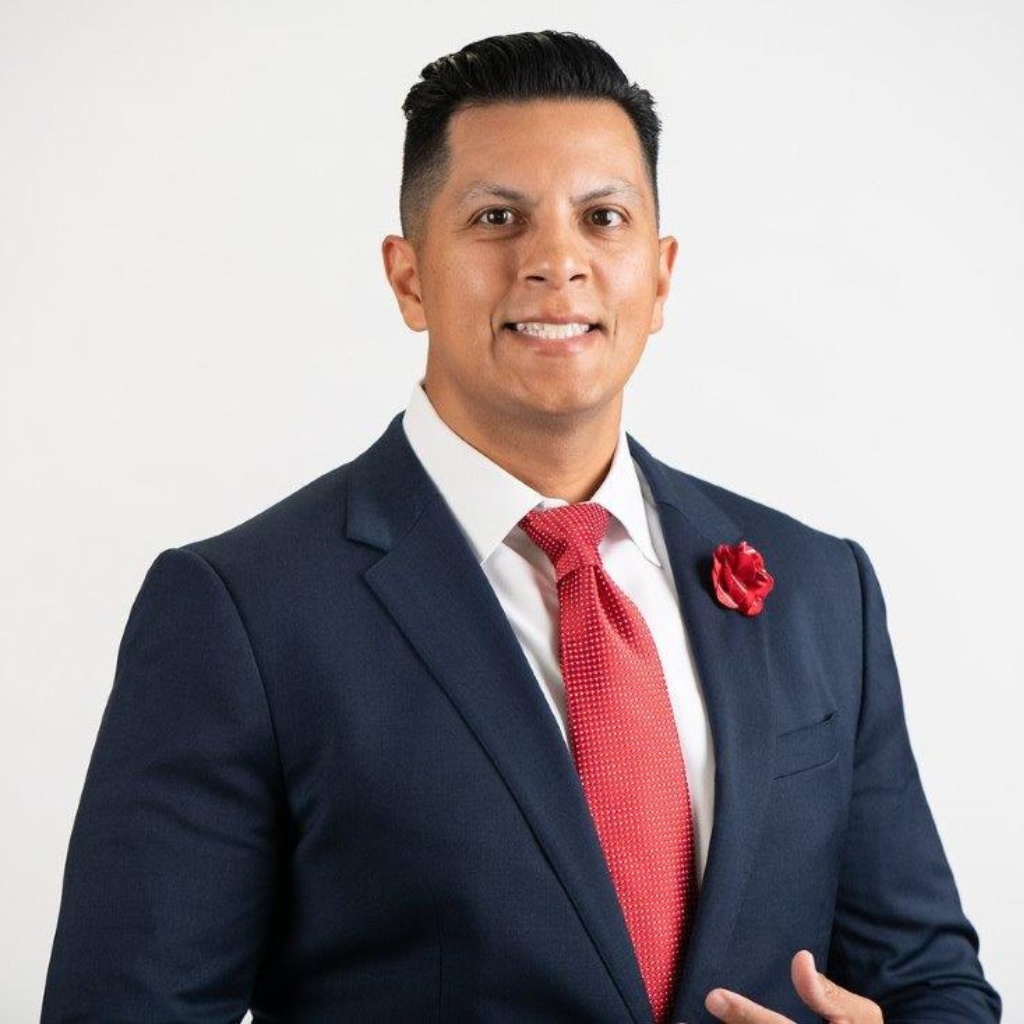
Gerardo Garcia
Board of Governors,
Dallas Symphony Association
What brings you joy about your heritage and culture as a member of the Latin/Hispanic community?
While being Hispanic and Latin does not define who I am, it is definitely a part of me. My heritage, culture and language are of great importance because it is a gift that can never be taken away from me and will live in me throughout life. I do all that I can to pass this gift along to my children so that they too can share in the pride of being Hispanic/Latino. I find joy in celebrating the accomplishments of members of the Hispanic/Latino community that elevated them to success.
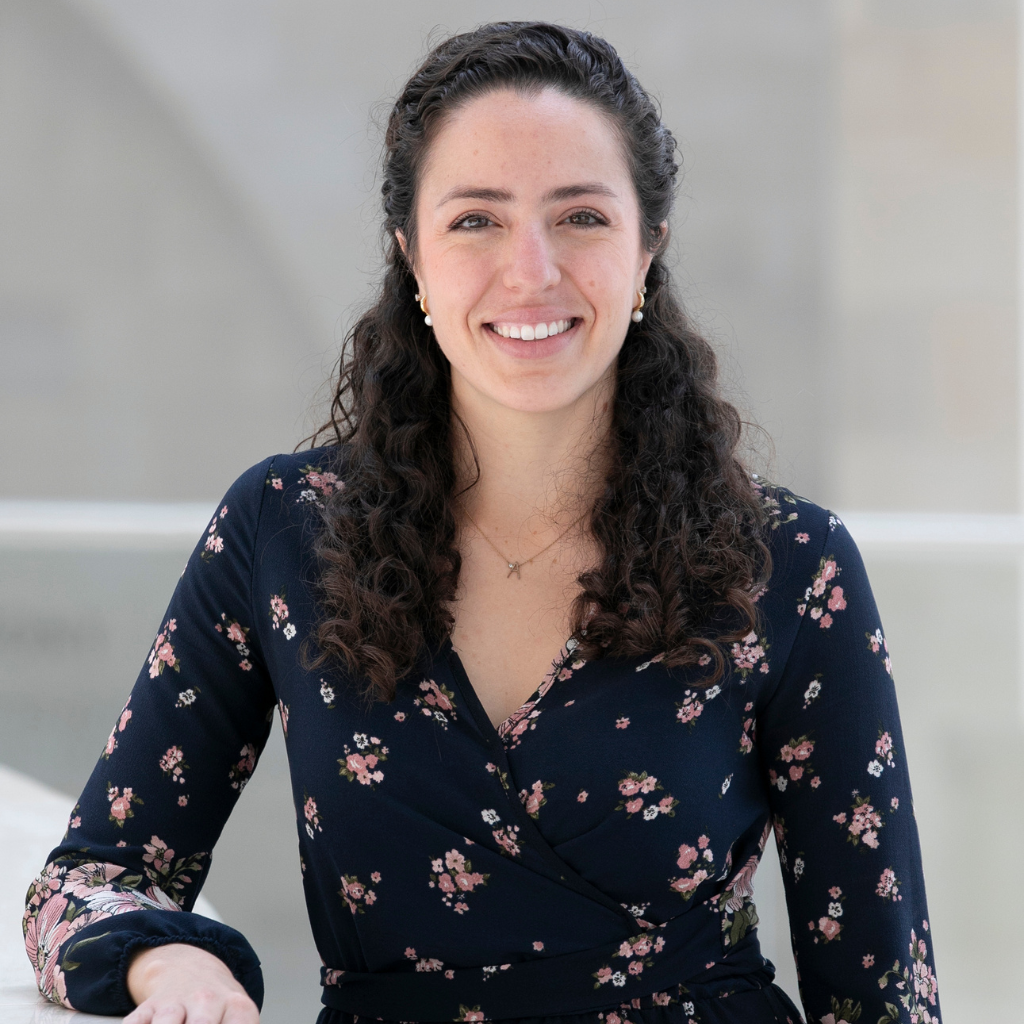
Ashley Alarcon
Young Musicians Manager & Teaching Artist,
Dallas Symphony Orchestra
Why is Hispanic Heritage Month important?
Hispanic Heritage month is important and, most importantly relevant, because it celebrates the vast variety of customs and traditions of Spanish speaking people in this country and around the world. It provides an opportunity to learn and look more attentively to the background of commonly enjoyed foods, songs, fashion, and trends while also bringing unheard voices of major contributors to society to the forefront.
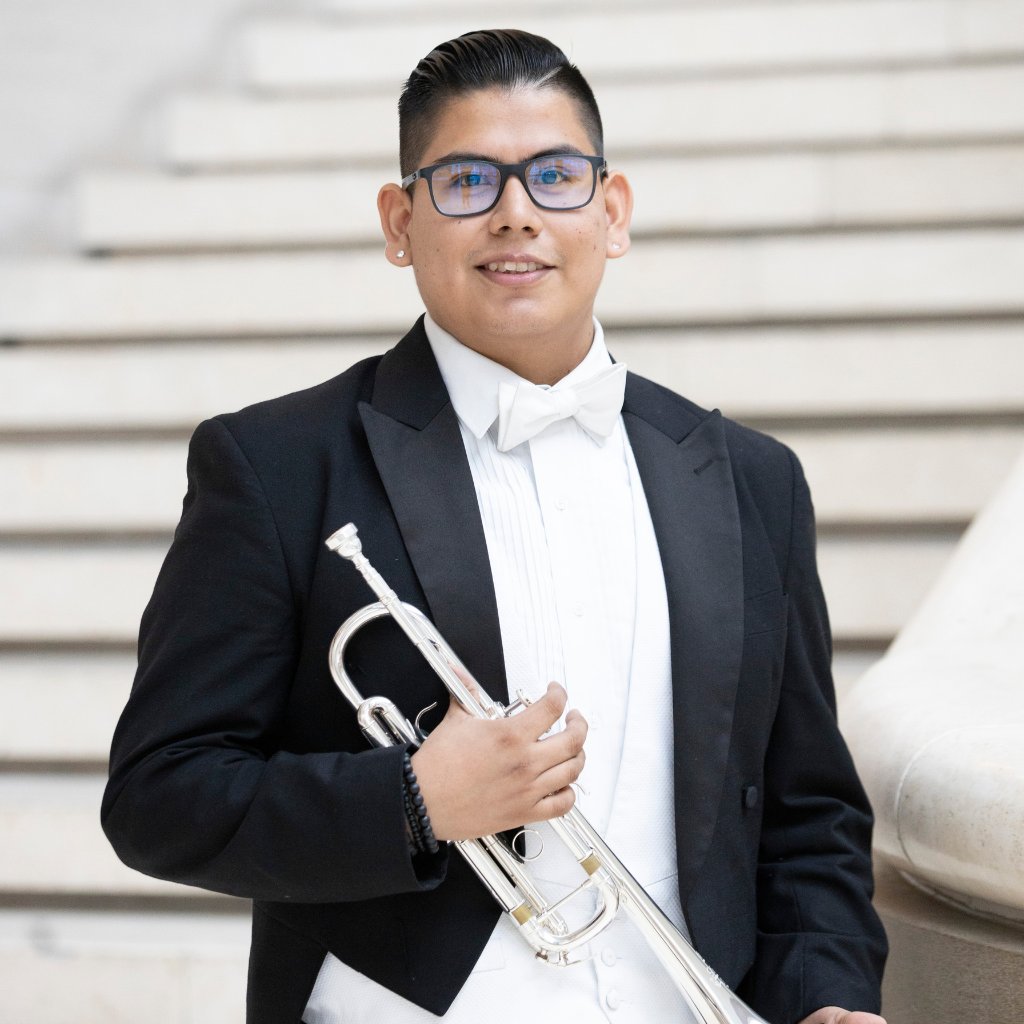
Elmer Churampi
Fourth + Utility Trumpet, Dallas Symphony Orchestra
Who is a notable Hispanic figure, past or present, that inspires you, and why?
Juan Diego Florez is, in my opinion, the best tenor singer today. I had the chance to work with him years ago. He is an amazing person and singer who is trying to change the world by helping thousands of poor kids in Peru by giving them a chance to make art. “Sinfonia por el Peru” was created by Juan Diego Florez. This outstanding organization helps keep a lot of kids in Peru safe and off the streets by giving them an instrument and making music. Juan Diego inspires me because I want to do the same thing in the future. Be able to help and support other people who have a dream of becoming an artist.
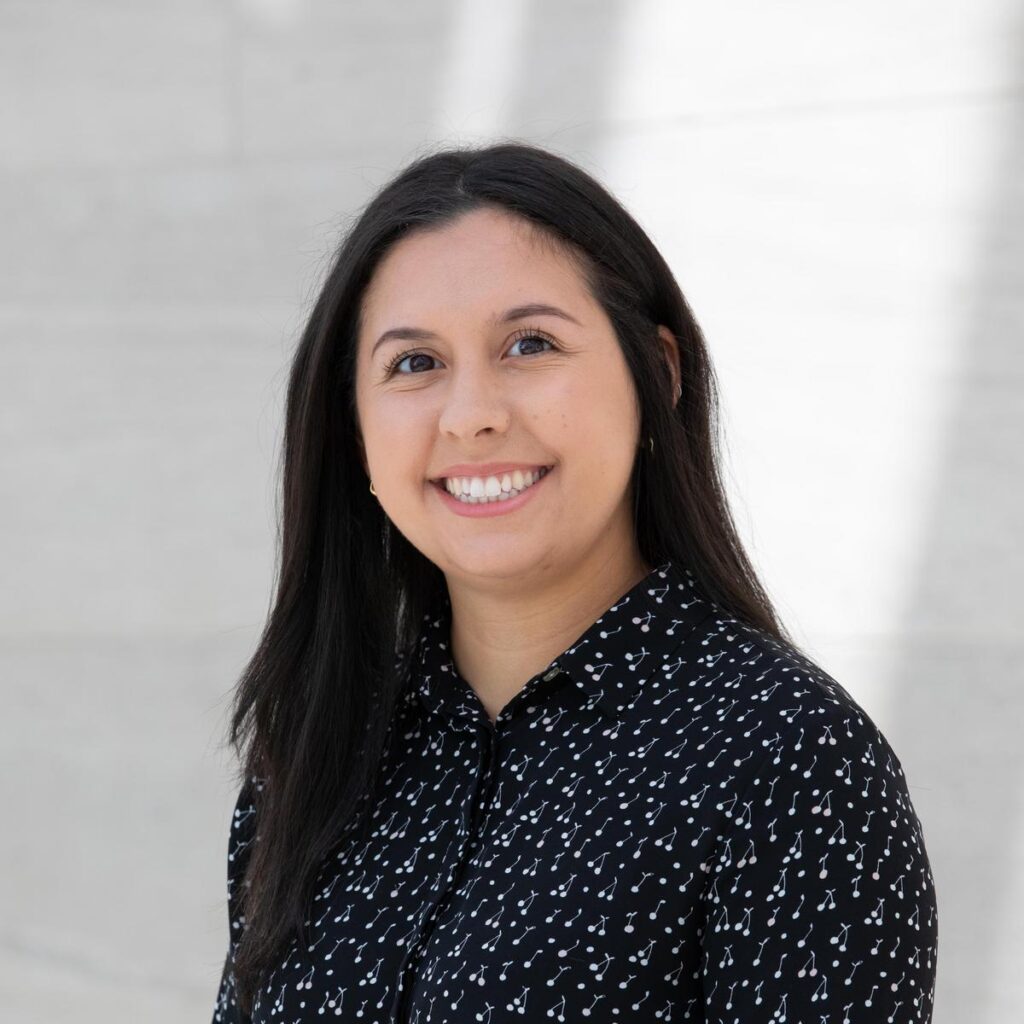
Vannesa Nates
Digital Marketing Manager and DS Mosaic Co-Chair, Dallas Symphony Orchestra
What brings you joy about your heritage and culture as a member of the Latin/Hispanic community?
Growing up in a hispanic household, I‚Äôve always felt extremely proud and lucky to embrace the cultures of my parents: Costa Rican from my mother and Colombian from my father. On one hand I grew up with ‚Äúpura vida‚ÄĚ being more than just a phrase and drinking coffee as an opportunity to unwind and connect with friends and family ‚ÄĒ while on the other side, music and the arts rang vibrantly. It brings me great joy to celebrate these cultures that live with me day to day and share them with my community.
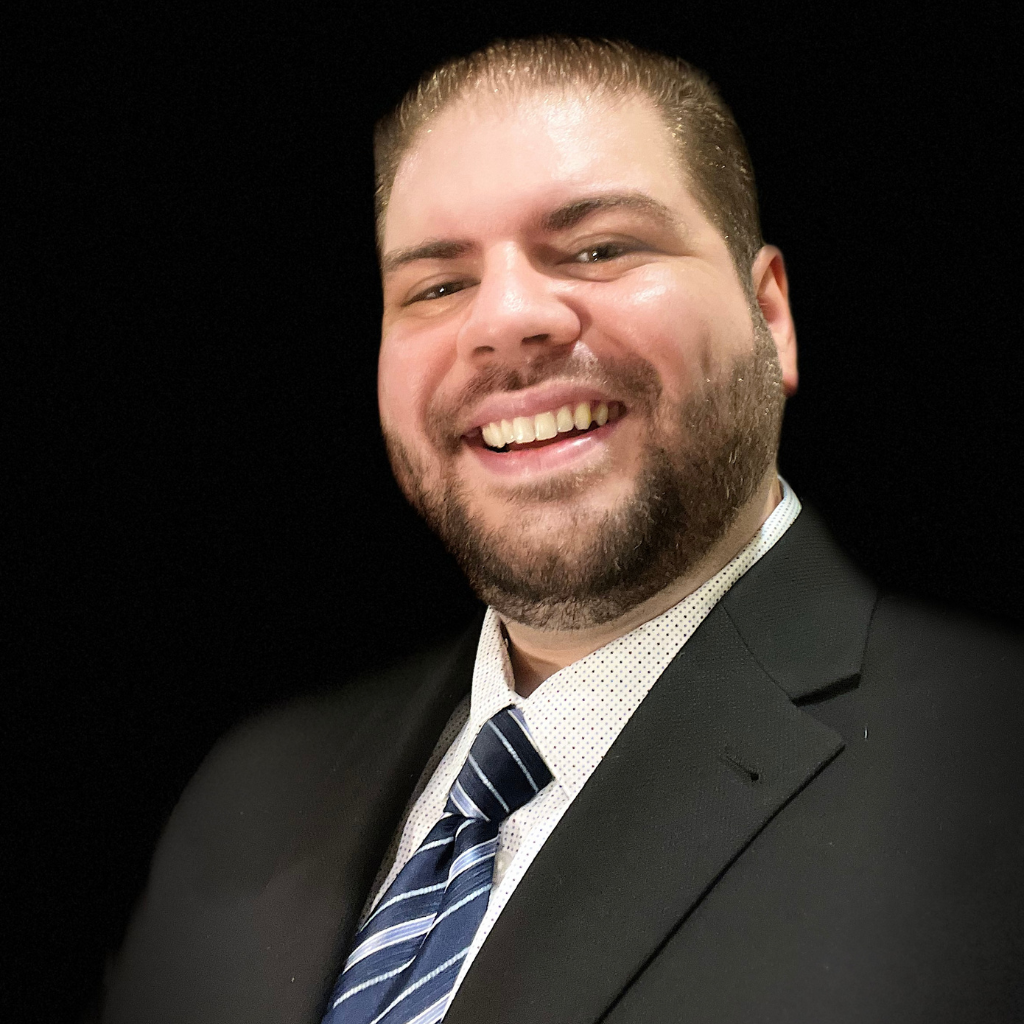
Alex Martinez
DSO Young Professionals
Who is a notable Hispanic figure, past or present, that inspires you, and why?
I grew up with pictures of Pancho Villa and Emiliano Zappata on my wall, and I listened to Santana and The Gypsy Kings with my parents. But the most notable Hispanic figure that has inspired me to take pride in my culture is my father and namesake Alejandro Martinez Jr. He is currently spearheading the development of the Mexican American Museum of Texas and is president of the Hispanic Organization for Genealogy and Research (HOGAR of Dallas).
Mosaic Community Group Playlist

Curated by the Mosaic Community Group of the Dallas Symphony, enjoy this playlist that pays homage to Hispanic composers, musicians, and artists in classical and choral music. The Mosaic Community Group is comprised of DSO family members from various races, ethnicities, cultural backgrounds, and allies dedicated to championing diversity within the DSO. Learn more about the DSO’s community groups here.
Celebrating Hispanic Heritage Through Music
During National Hispanic Heritage Month, from September 15 to October 15, the Dallas Symphony is proud to lend its voice in celebration of the histories, cultures and contributions of artists from Mexico, the Caribbean and Central and South America. The DSO has a long history of collaborating with and celebrating artists of Hispanic heritage, and these rich and layered cultures have been woven into the sonorous sound of the DSO.
Juli√°n Orb√≥n (1925-1991) is celebrated as one of Cuba‚Äôs most important composers. Aaron Copland described him as ‚ÄúCuba’s most gifted composer of the new generation.‚ÄĚ His father co-founded the Orb√≥n Conservatory in Havana, and after his father‚Äôs passing, Juli√°n took over leadership of the school in 1944. The Cuban Revolution forced the composer to relocate to Mexico City in 1960, which is where his history with the DSO begins.
Julián Orbón taught composition alongside celebrated Mexican composer and educator Carlos Chávez. It was at the National Conservatory of Music that both Orbón and Chávez taught the young Eduardo Mata, who was the DSO’s Music Director from 1977 through 1993. Mata was a champion of music from Mexico, the Caribbean and Spain. He brought four of Orbón’s works to Dallas, led the world premiere of the DSO-commissioned Partita No. 4 for Piano and Orchestra in April 1985, and recorded the Concerto Grosso for String Quartet & Orchestra with the DSO.
Orbón studied composition with Aaron Copland at Tanglewood in 1946, and while there, he met Alberto Ginastera (1916-1983). Ginastera studied music privately as a child, later enrolling at the National Conservatoire of Music in his home city, until he received Guggenheim Fellowship in 1945 and came to the U.S. to study composition with Copland. Ginastera was the leading Argentinian composer of the twentieth century, and Orbón and Ginastera formed a lifelong connection while at Tanglewood.
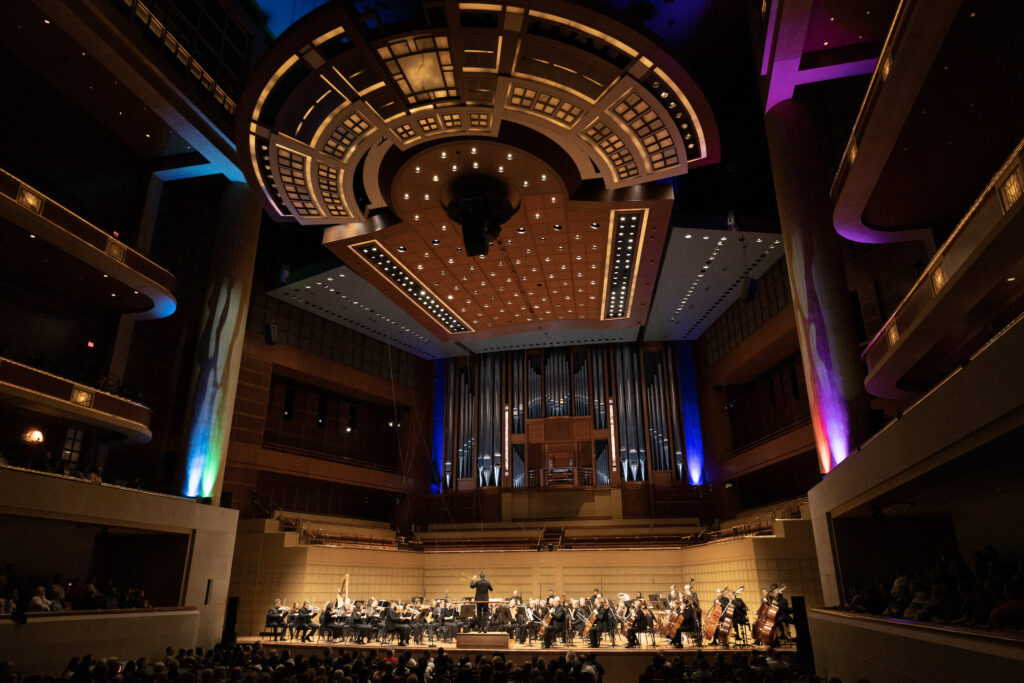
Ginastera‚Äôs music does not fit in one style nor do his Argentinean roots appear throughout all his compositions. His ballet Estancia (1941) evokes his native pampas, while his compositions from the 1950s were described by the composer as ‚Äúneo-expressionist.‚ÄĚ
In October 2020, Principal Harp Emily Levin (Elsa von Seggern Chair) performed Ginastera’s Harp Concerto, a virtuosic work that includes elements of the Argentinean malambo and tango traditions. And in October 2022, guest conductor Juanjo Mena led the DSO in Ginastera’s Variaciones concertantes.
In June 2022, the DSO, along with the percussion ensemble Tambuco and the Dallas Chamber Choir, brought the story of Gaspar Yanga to the Morton H. Meyerson Symphony Center stage. In 1570, Yanga, an enslaved African and rumored royal descendant, led a slave revolt and formed a colony with followers in the mountains near Veracruz, Mexico. It was the first settlement of freed African slaves in North America, and it successfully resisted advances from the Spaniards. The music of living composer Gabriela Ortiz brought the sounds of Mexico together with these important cultural events, marrying new- and old-world traditions to bring this little-known story to light.
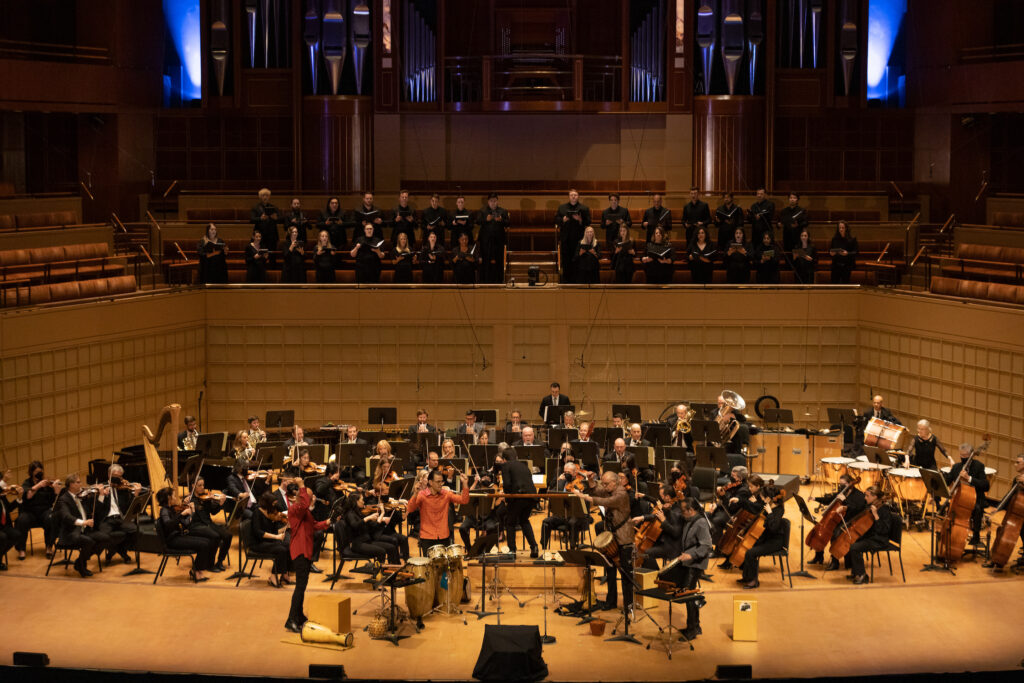
In the 2022/23 season, the DSO also performed Ortiz’s Antropolis, a work that uses the music of the dance halls and nightclubs in Mexico City as the base of an orchestral piece that features an impressive timpani part.
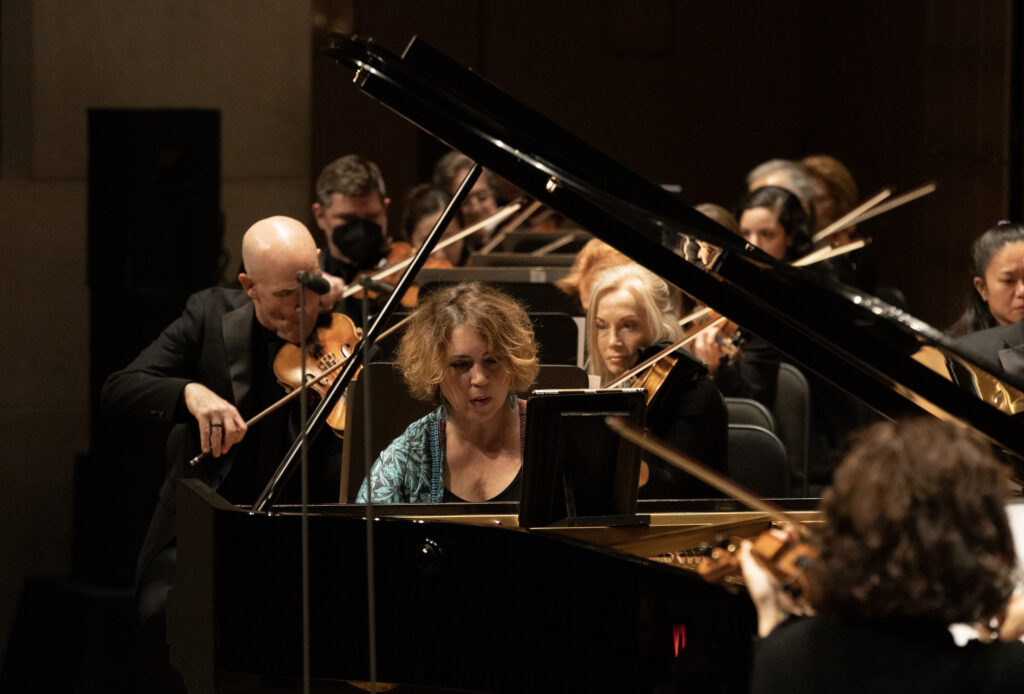
Gabriela Montero was a featured guest and composer with the DSO in March 2023. Montero was born and raised in Venezuela, moved to the United Sates and eventually studied at the Royal Academy of Music in London. She describes herself as ‚Äúa globalized, Latin American woman raised on a diet of European classical music with multiple, circumstantial side dishes of Pan-American folklore.‚ÄĚ
Montero‚Äôs Concerto No. 1, ‚ÄúLatin,‚ÄĚ reflects a broad South American tradition. It honors the practices that shaped her musical history and invites them into concert halls around the world. Sounds of Latin America‚Äôs rhythmic identity permeate the work, from a disrupted mambo to the Venezuelan pajarillo.
In May 2023, the DSO presented the world premiere of Angélica Negrón’s Arquitecta, a piece commissioned by the DSO and featuring Colombian vocalist Lido Pimienta. Negrón served as the DSO’s composer-in-residence from 2020-2023. Arquitecta’s text is a poem by Puerto Rican writer Amanda Hernández. Negrón reminisces on her home by pairing this text with recurring slivers of Caribbean music, inspirations of the natural soundscapes of Puerto Rico and punctuations of household objects (pots and pans) that form part of the percussion.
The orchestra also gave the world premiere of Negrón’s En otra noche, en otro mundo (On another night, in another world) and the Dallas premiere of What Keeps Me Awake.
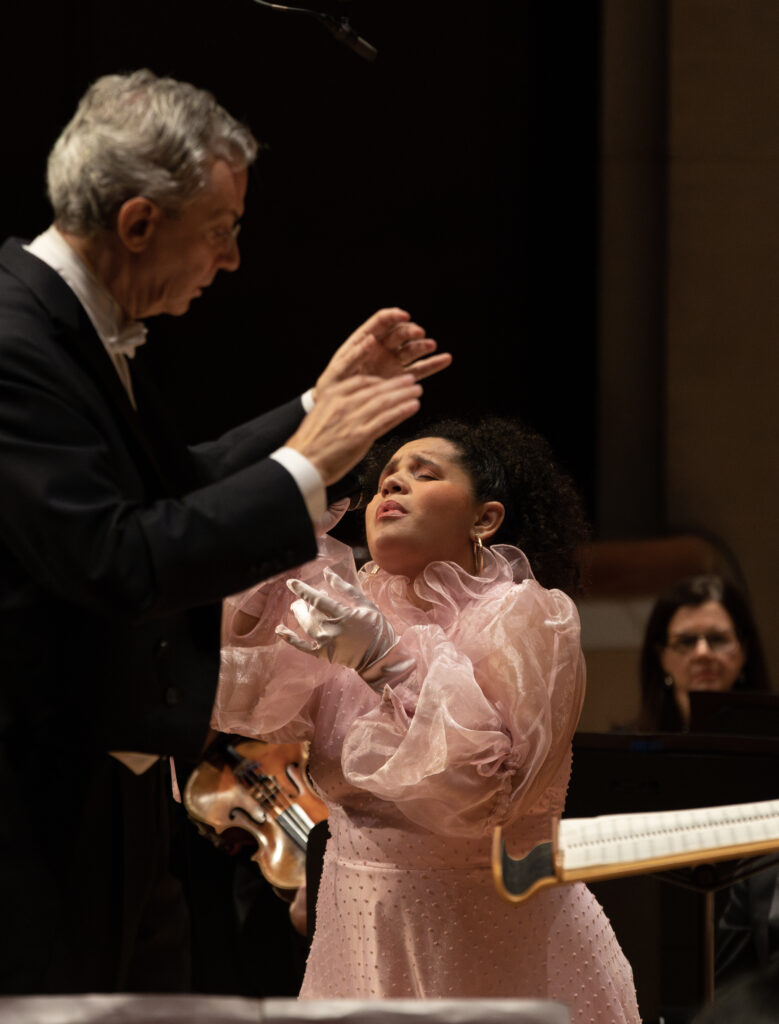
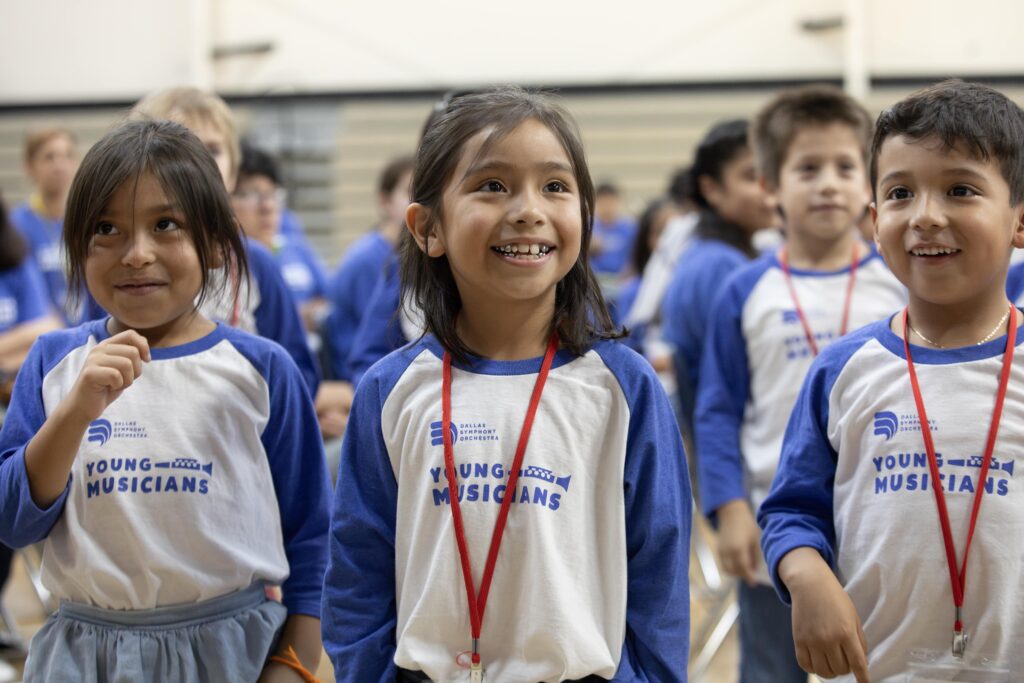
Beyond the stage, the Dallas Symphony Orchestra’s Kim Noltemy Young Musicians Program is inspired by and based on Venezuela’s El Sistema program. Founded by José Antonio Abreu in 1975, El Sistema is one of the most reputable international models of music education. In Young Musicians, the DSO approaches orchestral music instruction during childhood as a vehicle to shape character and social development. By participating in the program, students develop sensitivity, love of work and begin to understand the importance of individual and collective efforts to achieve excellence.
Young Musicians prioritizes social and emotional learning and teaches the whole person, not just the musician. The children are guided using the fundamental principles of El Sistema, including diligence, cooperation, community and parent involvement and an optimistic vision for the future. El Sistema empowers children to understand their own inherent value while bringing the individual, family and community together through the beauty and power of music.